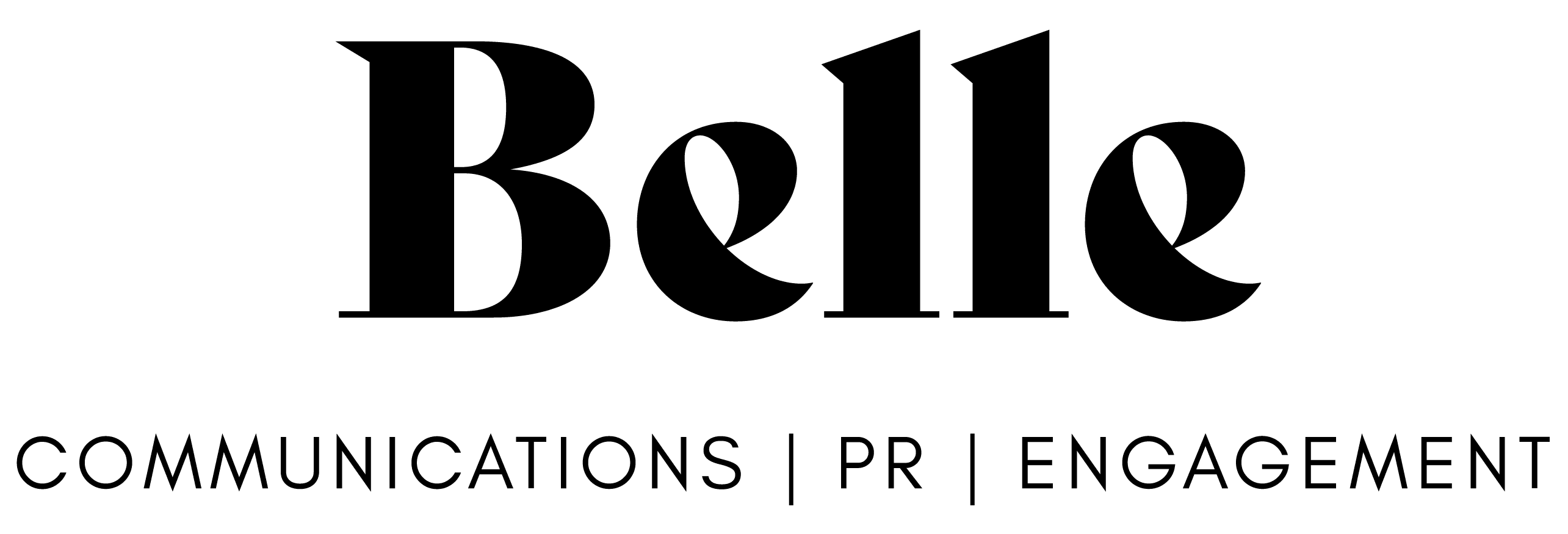As a senior public relations practitioner, I absolutely love mentoring and supporting other communications professionals seeking to learn and develop in their career. It’s what I have enjoyed most of all as a communications team leader and am excited to be mentoring another PRINZ candidate for their Accreditation in Public Relations (APR).
I have personally been incredibly lucky throughout my career to have had fantastic senior public relations mentors. Now I’m determined to pay it forward to help lift the overall capability and competency of our profession.
This leads me into one question I'm currently struggling with. I’ve been asked this several times over the last few months in local government, in part because Councils have been busy consulting with their communities to seek feedback on their draft Long Term Plans.
The question is ‘Can I have a copy of your comms plan?’
I am usually asked this by another communications professional because they've seen or heard about one of the projects I have been involved in, liked what they saw, and want to use the concept in their organisation.
I wholeheartedly agree that communications professionals (particularly in local government where resources are tight) should collaborate and support each other by offering feedback, sharing learnings and drawing on examples from experience. It goes without saying that when I am presented with a major issue or crisis, or if ethics ever come into question, the first thing I do is seek advice from another PRINZ member for a second opinion to double check my approach is appropriate and covers all bases.
But here are a few good reasons why I won’t share my communications plan.
Each situation is completely different
No two situations are ever the same.
When I develop a communications plan (or strategy), there are several key components:
- Background to the situation including a summary of how we have got to this point and the communications brief
- In depth research to inform the strategy and provide direction
- An analysis of target audiences and their needs
- An evaluation of communications risks and ways these can be mitigated
These aspects inform communication objectives, key messages and tactics, and I then determine how the objectives will be measured and evaluated for reporting at the end of the project.
Let me be clear: a communications strategy is not a list of tactics or outputs. If you're an executive, director or business leader reading this blog, and this is what you're getting delivered, it's time to ask questions! A communications strategy should reflect some deep thought and analysis of the outcomes the organisation is seeking to achieve.
There’s absolutely no value in sharing a communications strategy unless you’re simply wanting a framework to follow.
It belongs to the organisation it was produced for
Whether you're in-house, in an agency or consulting, the communications plan belongs to the organisation it was developed for. The role of communications is to provide public relations counsel to the organisation, and the ideas and expertise provided - under contract - belong to that organisation.
You're missing the chance to learn, get feedback and maximise opportunities
This one is a biggie for me. Sharing a communications strategy takes away the opportunity to learn and seek feedback. I believe there is more value in talking through your situation, your approach to date and where you’ve got to with a peer. They can also provide further input on any risks and opportunities you may have missed. Have a conversation.
To summarise, my rationale above should make you think carefully before you ask someone outside your organisation for a copy of their communications strategy.
Your starting point for communication will always be unique and it's critical your communication plan is developed for that particular situation. Seek advice from your communications peers and gain their input, but frame up something to start with that they can provide feedback on. You’ll find the outcome is more meaningful and gets better results.

